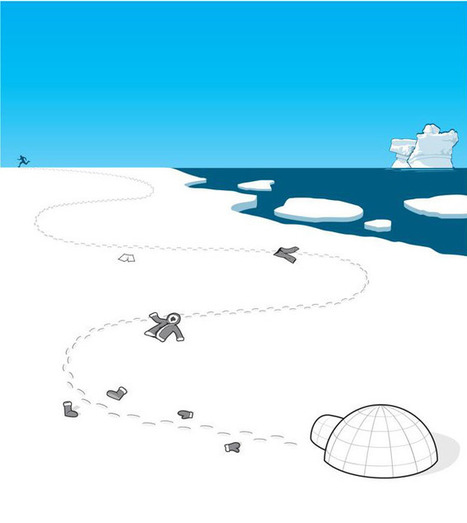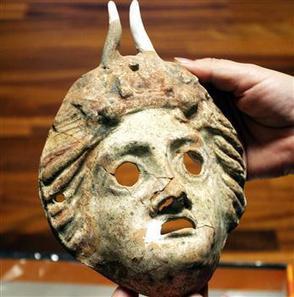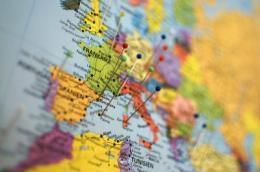These are the “culture-bound syndromes”: mental illnesses that psychiatrists officially acknowledge occur only within a particular society.
Depending on whom you ask, the notion that some cultures have their own ways of going crazy is either the ultimate in cultural sensitivity or the ultimate in Western condescension. (...) To these critics, *the very notion of a “culture-bound illness” is an outdated relic from the days of European empires*.



 Your new post is loading...
Your new post is loading...




















